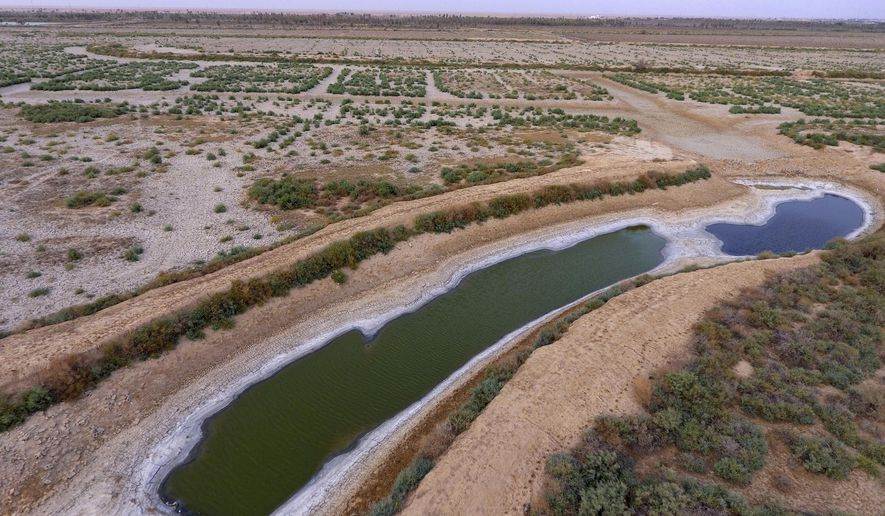World Bank Warns about Looming Plunge in Iraq Water Resources
Iraq's water supplies could suffer a 20% drop by 2050 due to climate change, reported by the World Bank.
-

Iraq's water supplies could suffer a 20% drop by 2050.
According to the World Bank, Iraq's water supplies could see a 20% decline by 2050 as a result of climate change, posing a threat to growth and jobs.
Water is a critical issue for the 40 million-strong oil-rich country, which is dealing with an acute energy crisis exacerbated by more severe droughts and poor rainfall.
"Without action, water constraints will lead to large losses across multiple sectors of the economy and come to affect more and more vulnerable people," the World Bank's Regional Director of the Mashreq Department Saroj Kumar Jha said in a statement accompanying a new report.
"By 2050, a temperature increase of one degree Celsius, and a precipitation decrease of 10 % would cause a 20 % reduction of available freshwater" in Iraq, the report said.
"Under these circumstances, nearly one-third of the irrigated land in Iraq will have no water by the year 2050."
A drop in numbers
The economic models showed that "real GDP in Iraq could drop by up to 4 %, or $6.6 billion compared to 2016 levels", according to the report.
Demand for unskilled labor in the agricultural sector might drop by 11.8 %, while demand for non-agricultural activities could drop by 5.4 %.
The World Bank cautioned that water scarcity is "linked to small-scale forced relocation in Iraq," notably in the country's south.
Iraq planned a $180 billion, 20-year project to address its water crisis in 2014.
With only $15 million in funding in 2018, the water ministry contributed for less than 0.2 % of the country's overall budget.
"The current state of infrastructure has led to salinity affecting approximately 60 % of the cultivated land and a 30–60 % reduction in yield," the report said.
On a more optimistic note, the World Bank stated that Iraq's economic prospects had improved "on the back of the recovery of global oil markets," adding that the country's GDP was expected to rise from 2.6 % this year to more than 6% in 2022–2023.
Read more: Iraq’s Agriculture Reaps the Despoiled Seeds of US Meddling

 2 Min Read
2 Min Read








